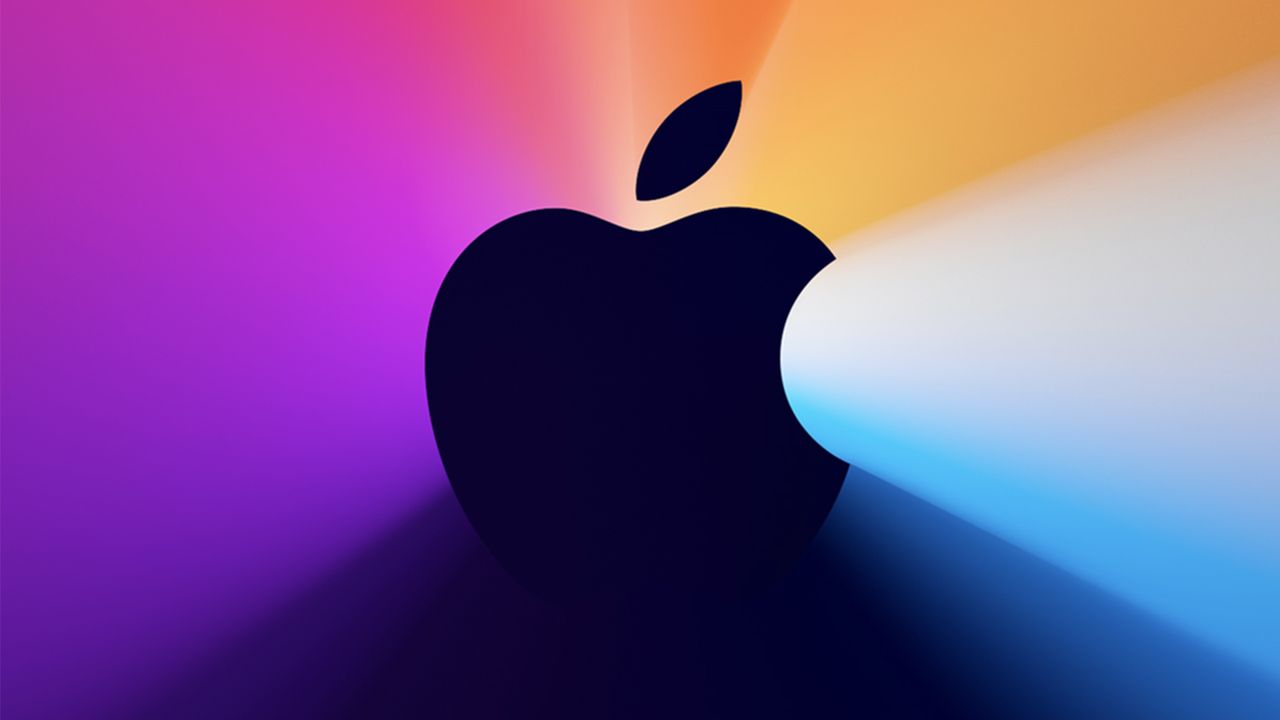ما هذا الهراء؟! الموسم الثاني من سلسلة Fallout على أمازون يبدو وكأنه مجرد محاولة رخيصة لجذب الانتباه مع مشاهد لمخلوقات غريبة مثل Mr. House وDeathclaw. يبدو أن الإبداع قد نفد تماماً، ويواصل المنتجون استنزاف كل ما هو جيد في هذه السلسلة. إذا كانوا يعتقدون أن استنساخ الشخصيات والمخلوقات من اللعبة سيجذب المشاهدين، فهم مخطئون تماماً! كفى من التفاهة، نحن بحاجة إلى محتوى أصيل لا يتكرر! كل ما نراه هو مجرد تسويق رخيص، ولا شيء أكثر من ذلك. أعتذر عن صراحتي، لكننا نستحق
ما هذا الهراء؟! الموسم الثاني من سلسلة Fallout على أمازون يبدو وكأنه مجرد محاولة رخيصة لجذب الانتباه مع مشاهد لمخلوقات غريبة مثل Mr. House وDeathclaw. يبدو أن الإبداع قد نفد تماماً، ويواصل المنتجون استنزاف كل ما هو جيد في هذه السلسلة. إذا كانوا يعتقدون أن استنساخ الشخصيات والمخلوقات من اللعبة سيجذب المشاهدين، فهم مخطئون تماماً! كفى من التفاهة، نحن بحاجة إلى محتوى أصيل لا يتكرر! كل ما نراه هو مجرد تسويق رخيص، ولا شيء أكثر من ذلك. أعتذر عن صراحتي، لكننا نستحق
1 Commenti
·0 condivisioni
·0 Anteprima


















